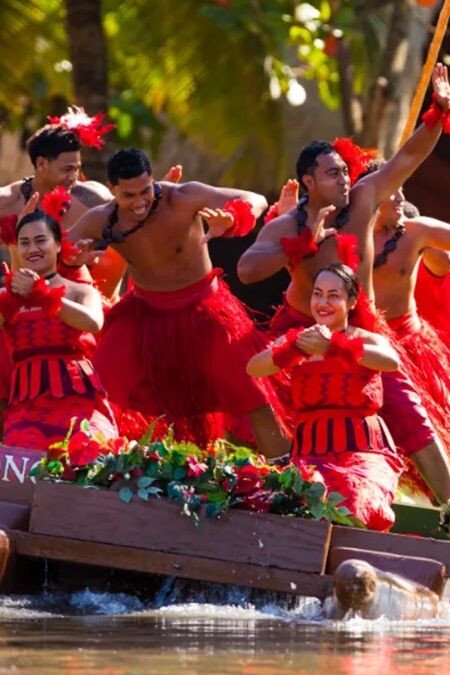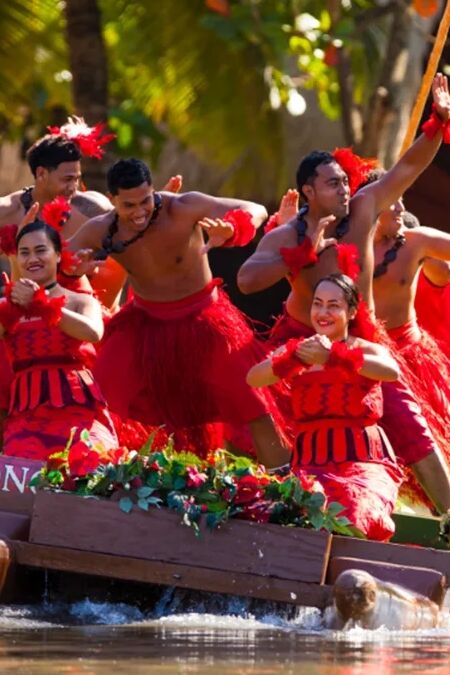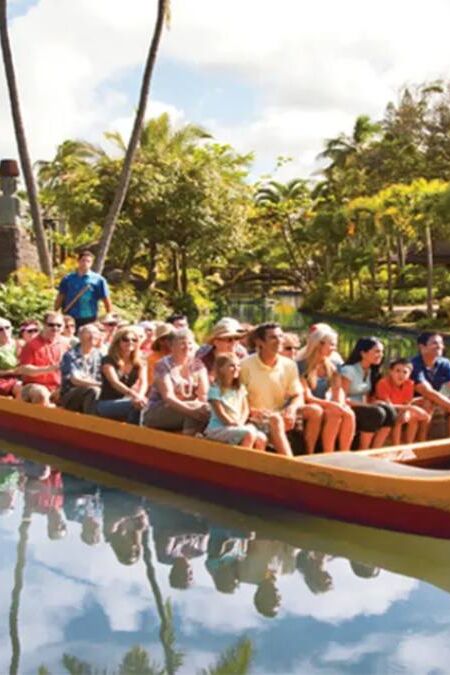The Polynesian Cultural Center (PCC) stands as a vibrant tribute to the rich heritage of the Pacific Islands. Since its opening in 1963, this unique cultural park has played a pivotal role in preserving and showcasing the traditions, arts, and lifestyles of Polynesia to a global audience. Throughout this article, we will explore the origins and development of the PCC, delve into its cultural representations and practices, and examine its profound impact on local economies and global cultural appreciation. Join us as we uncover the enduring legacy and prospects of this iconic institution, which continues to educate and inspire through a dynamic blend of entertainment and history.
Origins and Development
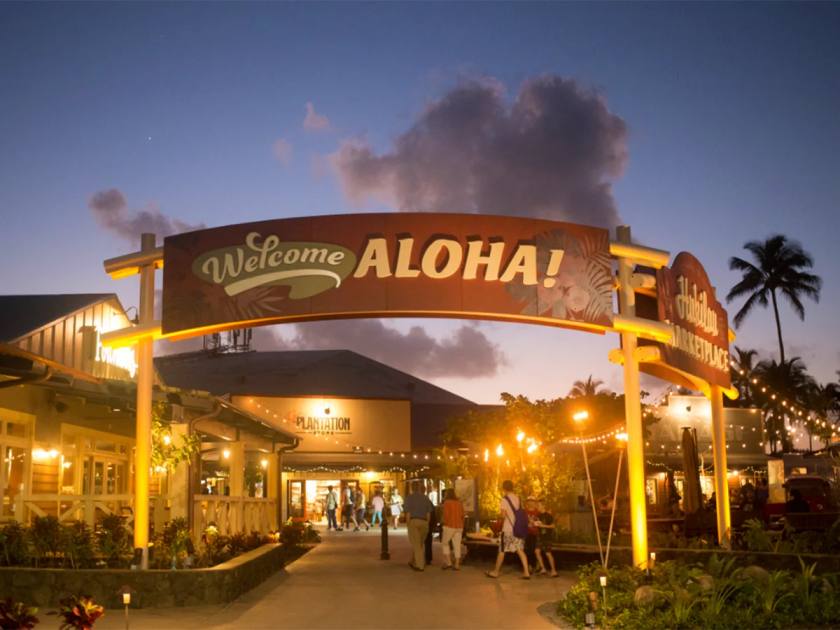
The Founding of the Polynesian Cultural Center
The Polynesian Cultural Center was established in 1963 as an initiative to provide employment and educational opportunities for students from the Pacific Islands attending the nearby Brigham Young University-Hawaii. Funded and operated by The Church of Jesus Christ of Latter-day Saints, the PCC was also envisioned as a means to preserve the diverse cultures of Polynesia. This purpose-driven foundation aimed to celebrate and educate visitors about the rich heritage of the islands, turning cultural preservation into an interactive and sustainable venture.
Initial Challenges and Solutions
In its early years, the Polynesian Cultural Center faced significant financial and logistical challenges. The ambitious project required substantial initial investment and coordination, which were difficult to secure. The Center tackled these issues by forming strategic partnerships with local businesses and the Hawaiian tourism industry, which helped funnel resources and visitors to the facility. These collaborations, along with a focus on authentic cultural representation and robust marketing strategies, paved the way for the PCC’s early successes and ongoing viability.
Cultural Representation and Practices
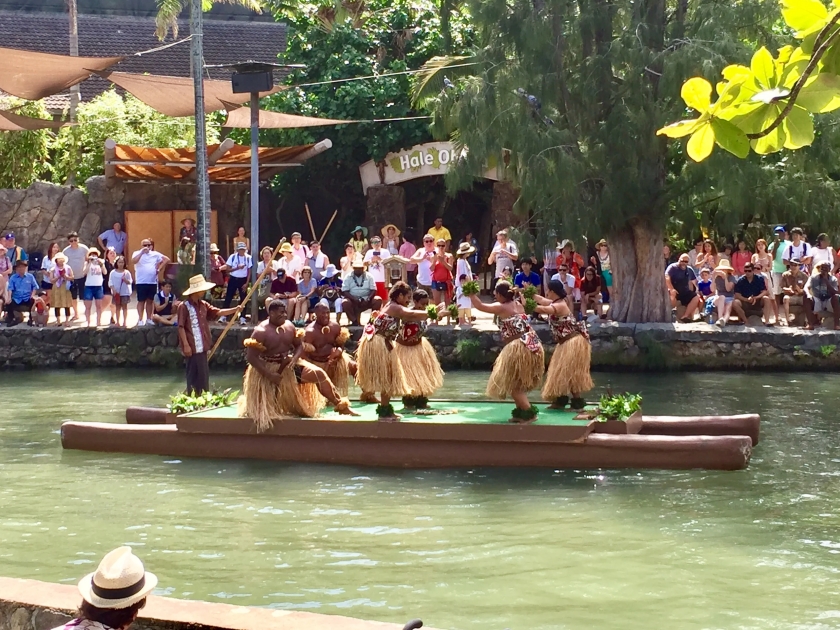
The Villages and Their Significance
The Polynesian Cultural Center is divided into eight distinct villages, each representing a different Polynesian island: Samoa, Aotearoa (New Zealand), Fiji, Hawaii, Tahiti, Tonga, Marquesas, and Rapa Nui (Easter Island). These villages offer visitors a hands-on experience of the unique cultures through traditional activities such as Samoan fire knife dancing, Maori haka performances, Fijian river canoeing, Hawaiian hula, and Tahitian drumming. Each village not only educates guests about the island’s history and customs but also immerses them in the authentic daily life and artistic expressions of each culture.
Authenticity and Cultural Integrity
The Polynesian Cultural Center places a strong emphasis on the authenticity and cultural integrity of its presentations. Efforts to maintain accuracy include regular consultations with cultural experts and elders from the various Polynesian communities represented. Many of the staff and performers are natives of the islands they represent, which adds to the authenticity and helps ensure that cultural traditions are passed down accurately and respectfully. This commitment extends to all aspects of the center’s operations, from construction and landscaping to crafts and culinary offerings, all aimed at providing a true representation of Polynesian heritage.
Expansions and Innovations
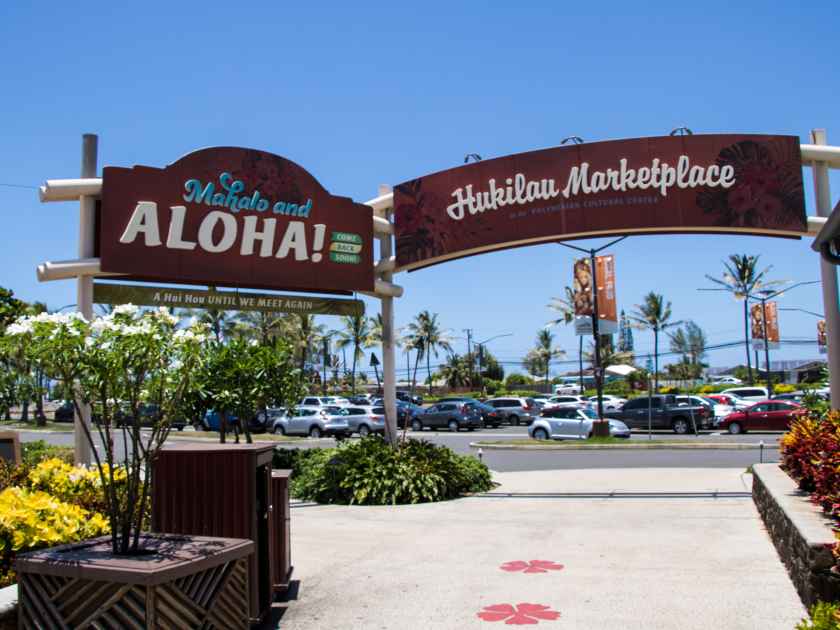
Major Milestones in Growth
Since its inception, the Polynesian Cultural Center has undergone several significant expansions and renovations to enhance visitor experience and educational value. Key developments include the addition of the Rapa Nui village and the construction of the IMAX theater, which brought a new dimension to cultural storytelling through high-definition cinematic presentations. The center has also embraced digital technology, incorporating interactive exhibits and virtual reality experiences that allow deeper immersion into Polynesian cultures. These innovations not only attract a wider audience but also enrich the educational aspects of the center.
Educational Contributions
The Polynesian Cultural Center is deeply committed to education, offering a variety of programs and workshops that teach visitors about Polynesian navigation, traditional crafts, and cultural customs. Beyond cultural education, the PCC provides substantial support to Polynesian youth through scholarships and employment opportunities, particularly for students at Brigham Young University-Hawaii. These educational initiatives are designed to empower the next generation of Polynesian leaders by providing them with the tools and knowledge necessary to excel both within and beyond their communities.
Economic and Social Impact
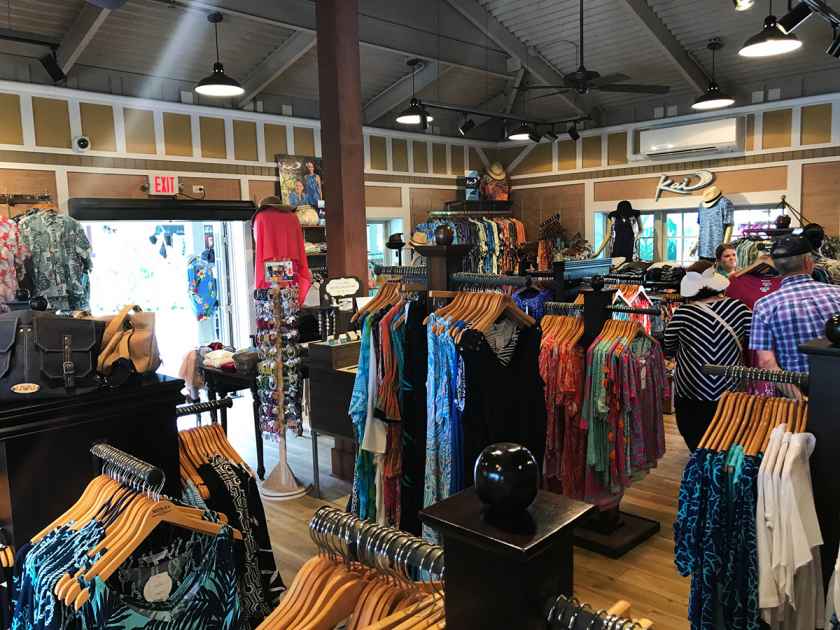
Impact on Local Economy
The Polynesian Cultural Center is a cornerstone of the local economy in Laie, Hawaii, and its broader surroundings. By providing hundreds of jobs, many of which go to university students, the center significantly contributes to the financial well-being of the community. Its presence has spurred growth in related sectors such as hospitality, dining, and transportation. Moreover, as Hawaii’s top-paid tourist attraction, it draws visitors from around the world, boosting the local tourism industry and supporting small businesses throughout the region.
Global Cultural Ambassador
The Polynesian Cultural Center serves as a global ambassador for Polynesian cultures, promoting their unique traditions and histories on the international stage. Through its participation in global events and cultural exchanges, the center extends its educational reach and fosters greater appreciation for Polynesian heritage worldwide. These efforts not only highlight the rich cultural mosaic of the Polynesian islands but also encourage dialogue and understanding among different cultures, enhancing the center’s role in global cultural diplomacy.
The Future of the Polynesian Cultural Center
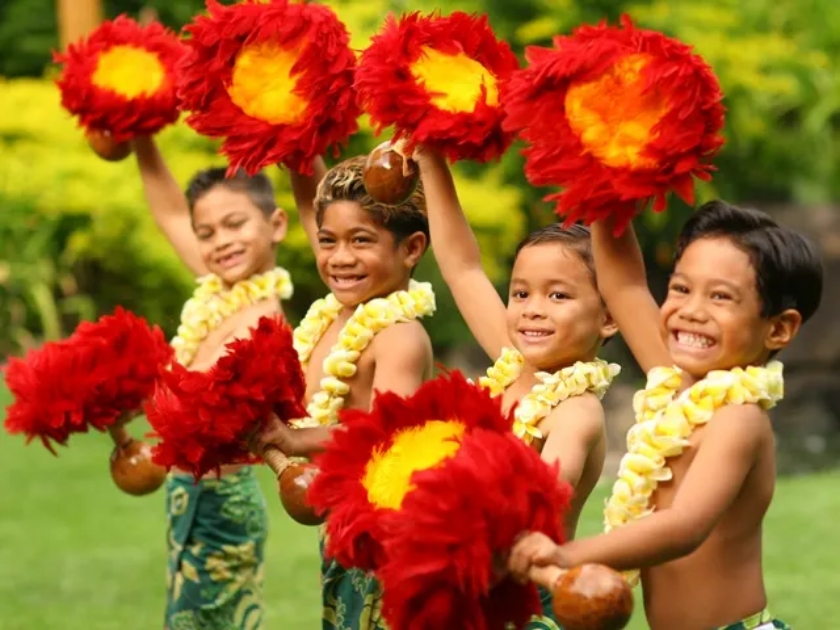
Upcoming Projects and Initiatives
Looking ahead, the Polynesian Cultural Center is planning several ambitious projects to further enhance its offerings and reach. These include expanding the physical layout of the center to include new cultural exhibits and interactive experiences that utilize the latest in augmented and virtual reality technology. In terms of cultural preservation, new educational programs are being developed that will offer deeper insights into the less well-known aspects of Polynesian history and traditions.
Continuing the Legacy
To maintain its relevance and appeal in a rapidly changing world, the Polynesian Cultural Center is focusing on innovative strategies to engage new audiences, particularly younger generations. This includes leveraging social media and online content platforms to share interactive, educational material. Additionally, the center is strengthening its partnerships with local communities, schools, and international cultural organizations to expand its educational impact and ensure active community involvement.
Experience the Rich Traditions Firsthand!
Since its opening in 1963, the Polynesian Cultural Center has been an essential venue for the preservation and celebration of Polynesian heritage, offering visitors from around the world a unique window into the vibrant cultures of the Pacific Islands. Through its dynamic cultural exhibits, educational programs, and community involvement, the center has significantly contributed to global cultural understanding and diversity. As a beacon of cultural diplomacy, it not only educates but also connects diverse populations, fostering a greater appreciation for cultural diversity and inclusion. For more information, check out our article; Tips for First-Time Visitors to the Polynesian Cultural Center.


